Firstly, and possibly most importantly, the capacity of lawyers to work from home (WFH) has been recognised by employers as a viable and productive method of working.
Whilst WFH has been in place in many workplaces for some time, it has generally been offered only when requested, and has not always, in my experience, been regarded as a part of the mainstream employment options.
It has not always enjoyed the support of senior members of the profession. In very general terms, it has been accessed more by women practitioners than their male counterparts. It was curious then, to see the gradual acceptance that WFH could be just as – and sometimes more – productive than having people physically in the office.
There are countless tales of how much more time could be spent on work when travel time was removed from the working day. And it is but a short (and cheaper) walk from the kitchen and the coffee machine to the desk.
Firms and organisations surprised themselves with how quickly they could move to WFH – and how IT managed the interfaces with minimum disruption.
Parents were stunned with the rapidity with which teachers managed to deliver school curriculum and materials online, or for collection. Children proved themselves – again – the ultimate fast adaptors. But there were demonstrated serious cracks in the equality of access to such education – and there are impacts on social development as well.
Most meetings can be successfully conducted on Zoom or similar platforms. The time saved in flying interstate for meetings is now fully understood, and it will be interesting whether the frequency of those flights will ever return. Etiquette for such meetings is essential, as is good chairing practice. And it can be relaxing to dress seriously only from the waist up!
BUT
- Employers are now aware that it can be increasingly important to maintain contact with those who are WFH. There is a delicate balance to be maintained between checking in and checking on!
- WFH is not always the most ergonomic or practicable way for some people to work. Not everyone has a dedicated office space in their living quarters. I certainly know that there are many people who have had to use their dining table as the office – meaning that they eat at a coffee table, or kitchen bench. It also means that opportunities to entertain at home are curtailed by the presence of multiple screens and electric and computer cords in the living area.
- Managing multiple WFH people (and potentially home schooling as well) was hard work. And not always harmonious.
- COVID has also shown that many of the introverts in the profession have thrived better than ever before. But the extroverts – well, I suspect they coped not quite so well.
What can we take forward?
- WFH and smaller offices – with possibly more hot-desking – may well be the way forward for many firms. The connectivity that we now know works may mean that some firms might look for office space away from the city centres, where it is cheaper and more flexible.
- People can be more productive if they are trusted to manage their own time, rather than having to comply with the strictures and structures that we have inherited.
Clients have also learned that Zoom meetings can save them time as well – and may in the future insist on this being an option for them. I suspect they will also appreciate the savings on airfares.
Noela is the current Chair of the QLS Wellbeing Working Group, a former CEO and Senior Executive. As part of a busy retirement, she is a volunteer at the Suncoast Community Legal Service.


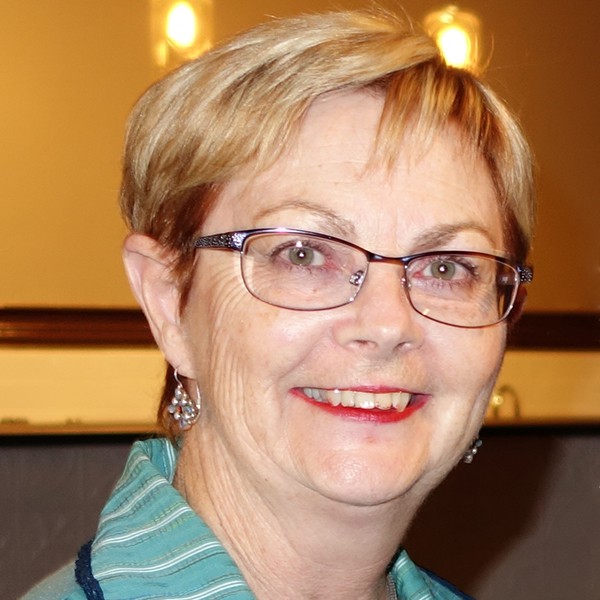
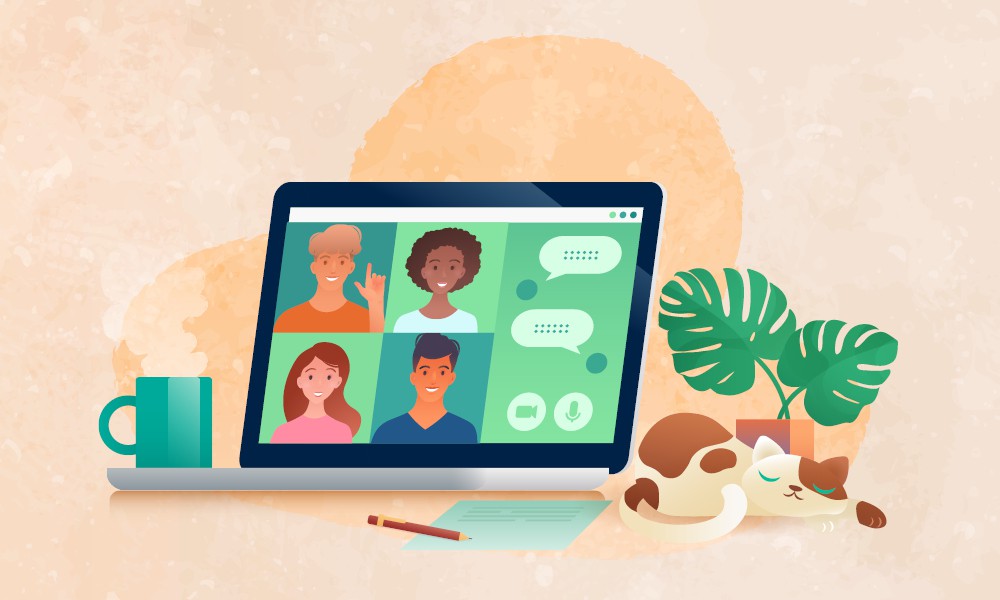



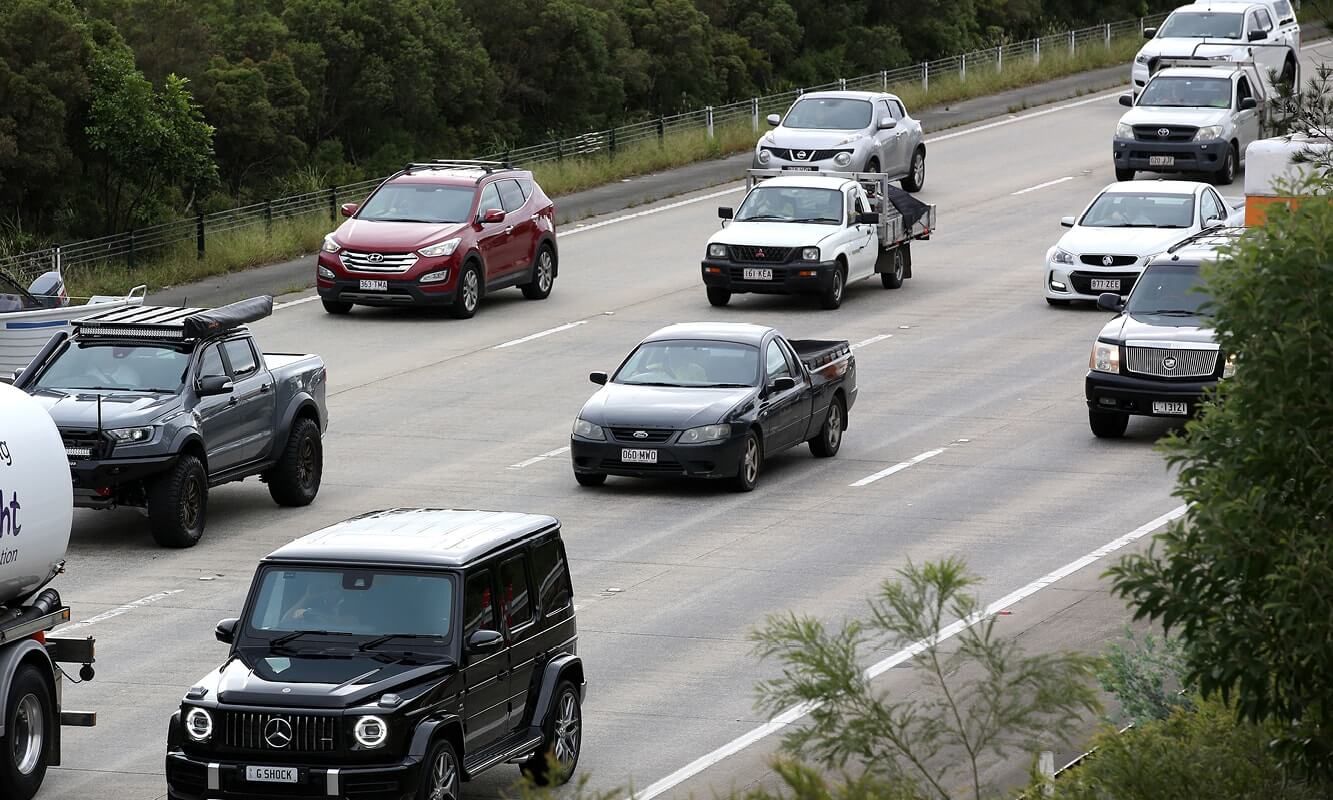
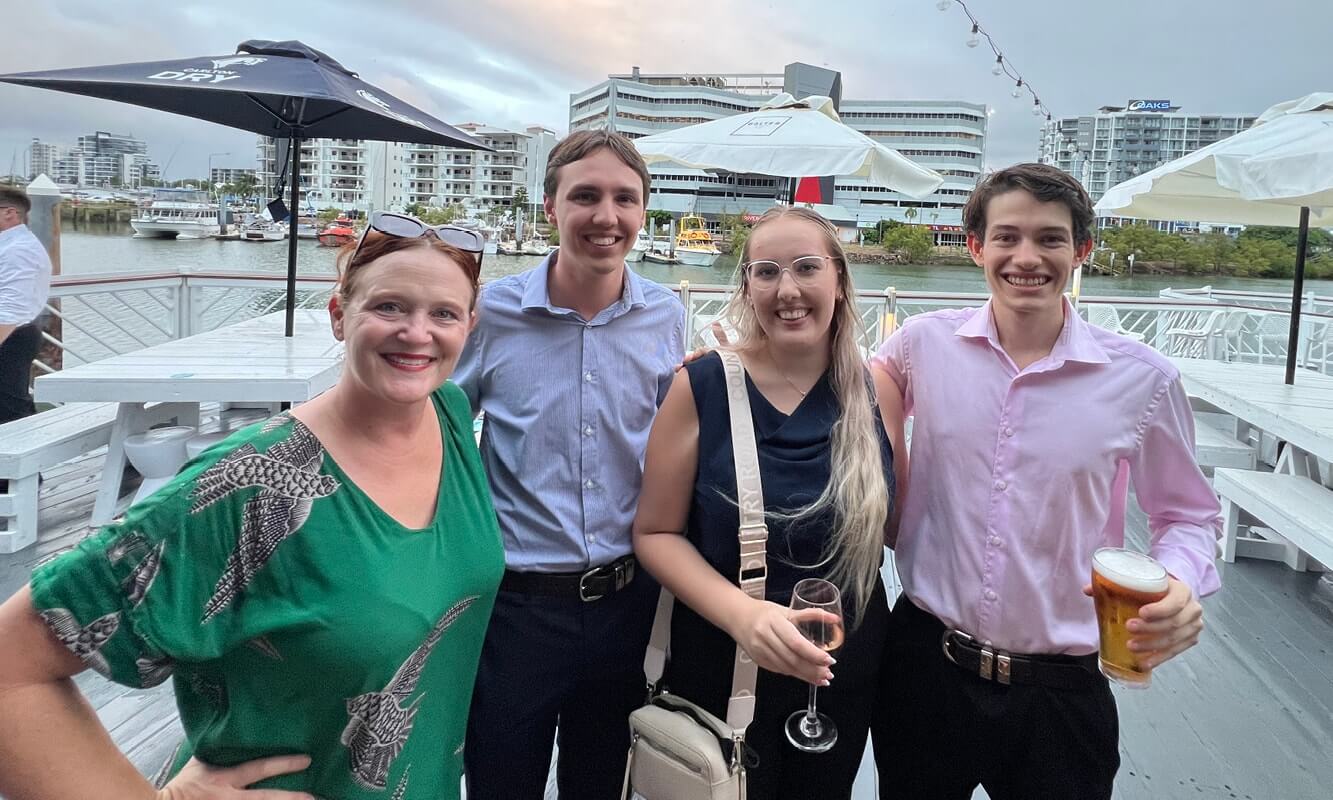


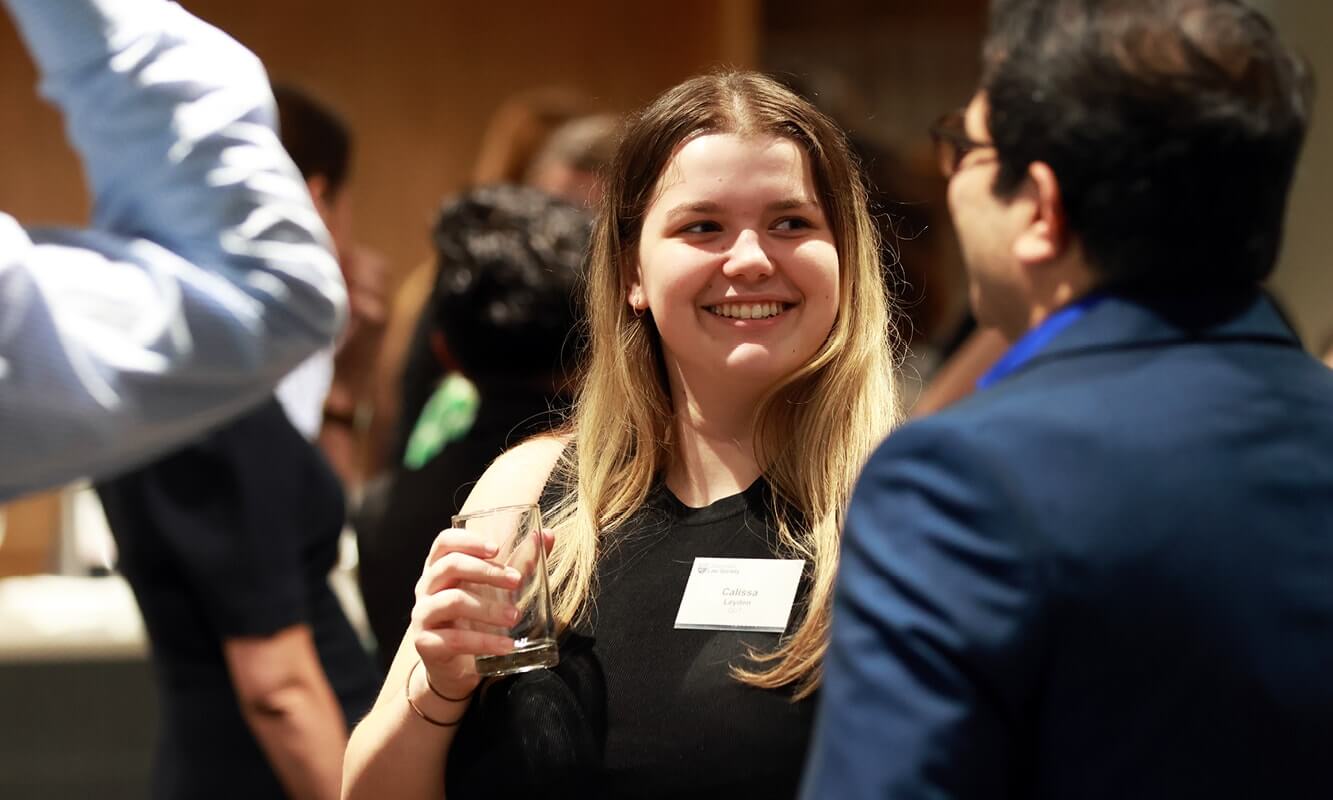
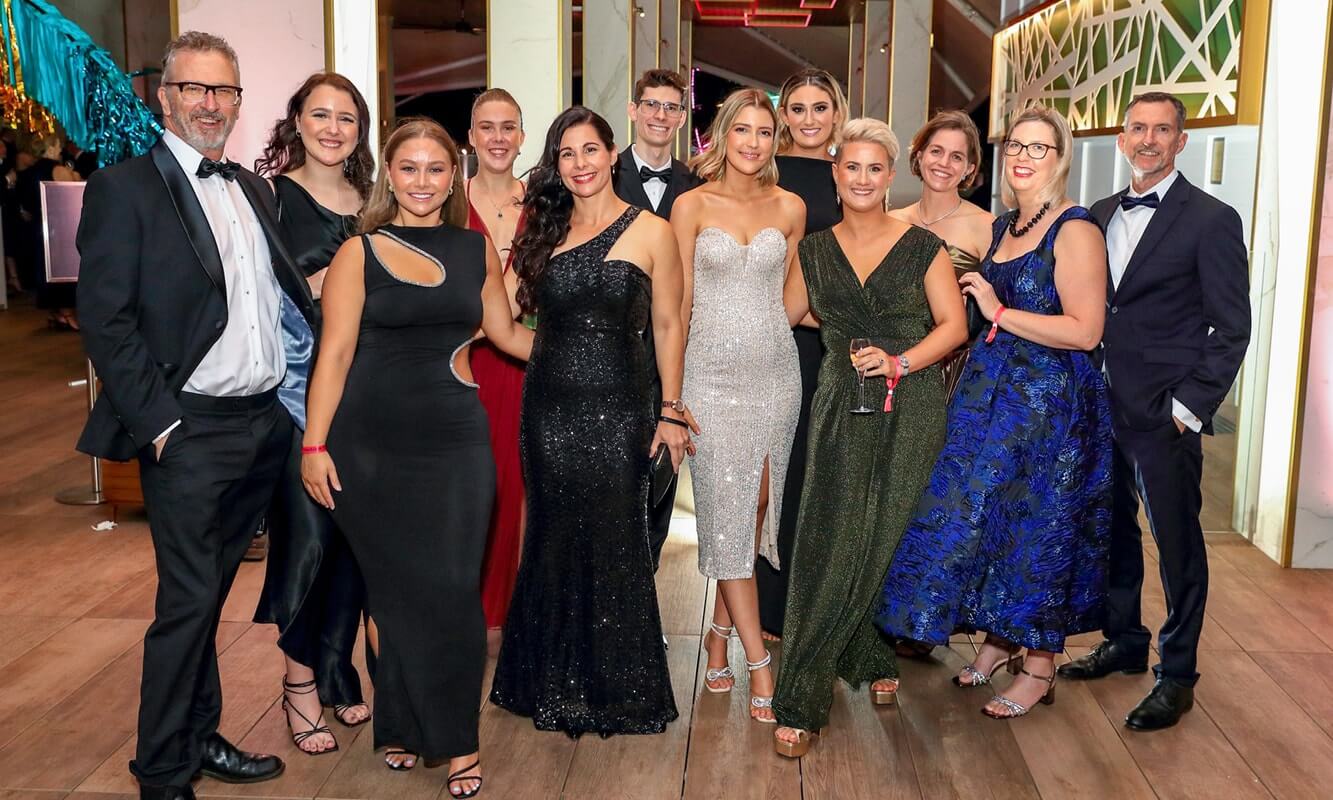

Share this article